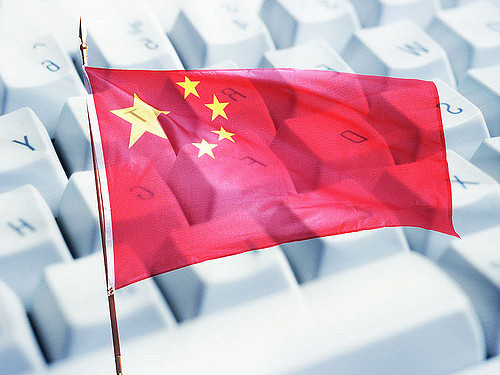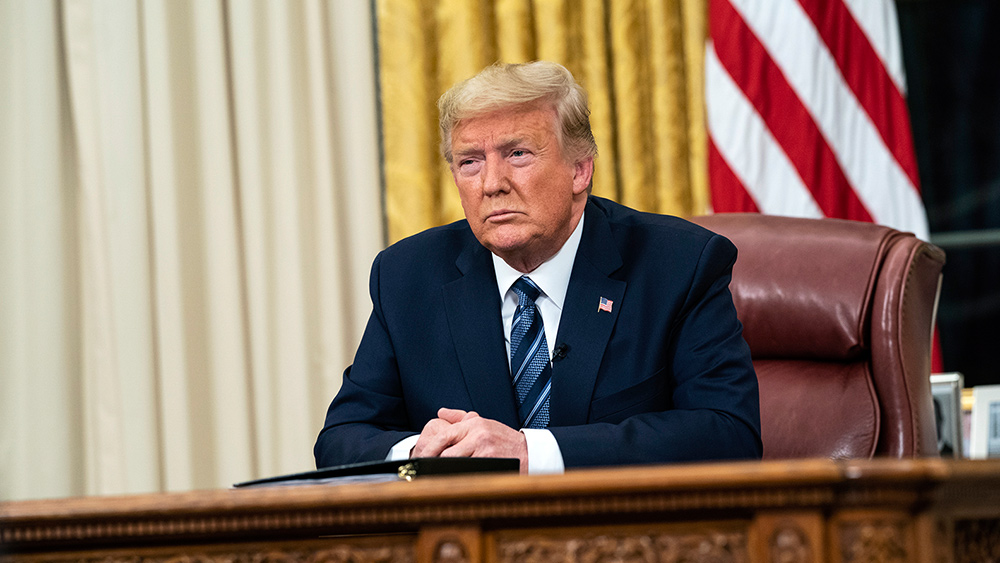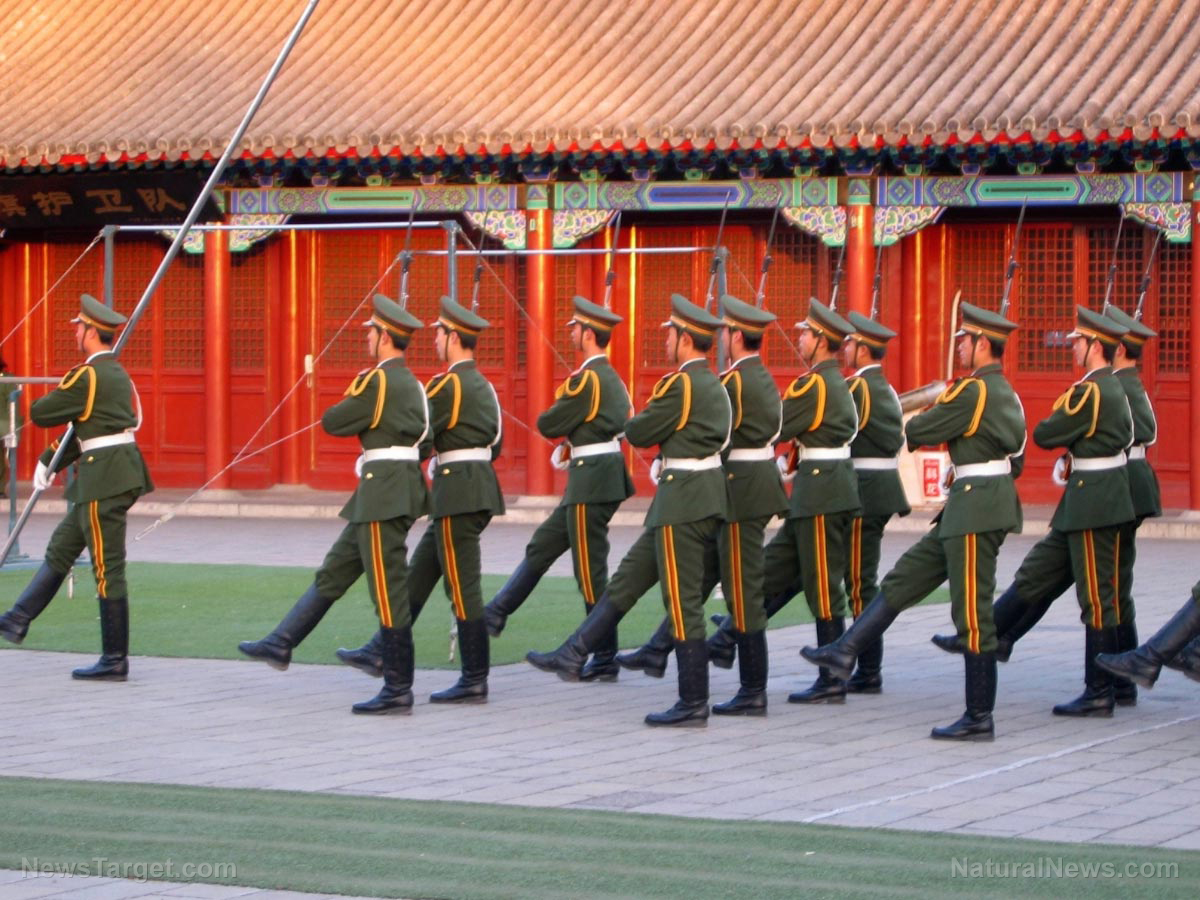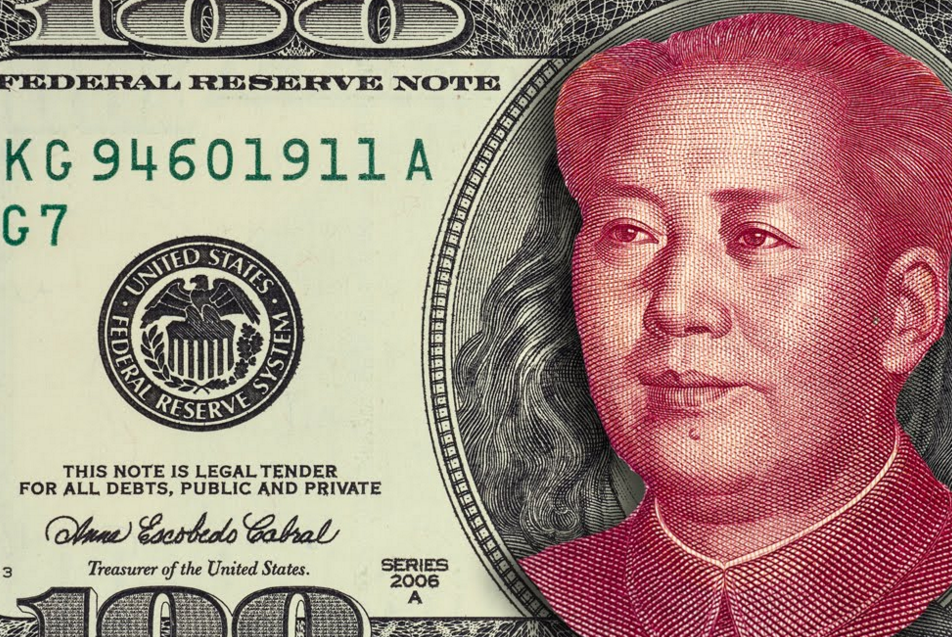Sen. Cotton to remove China’s “most favored nation” status through new legislation
09/23/2020 / By Ramon Tomey
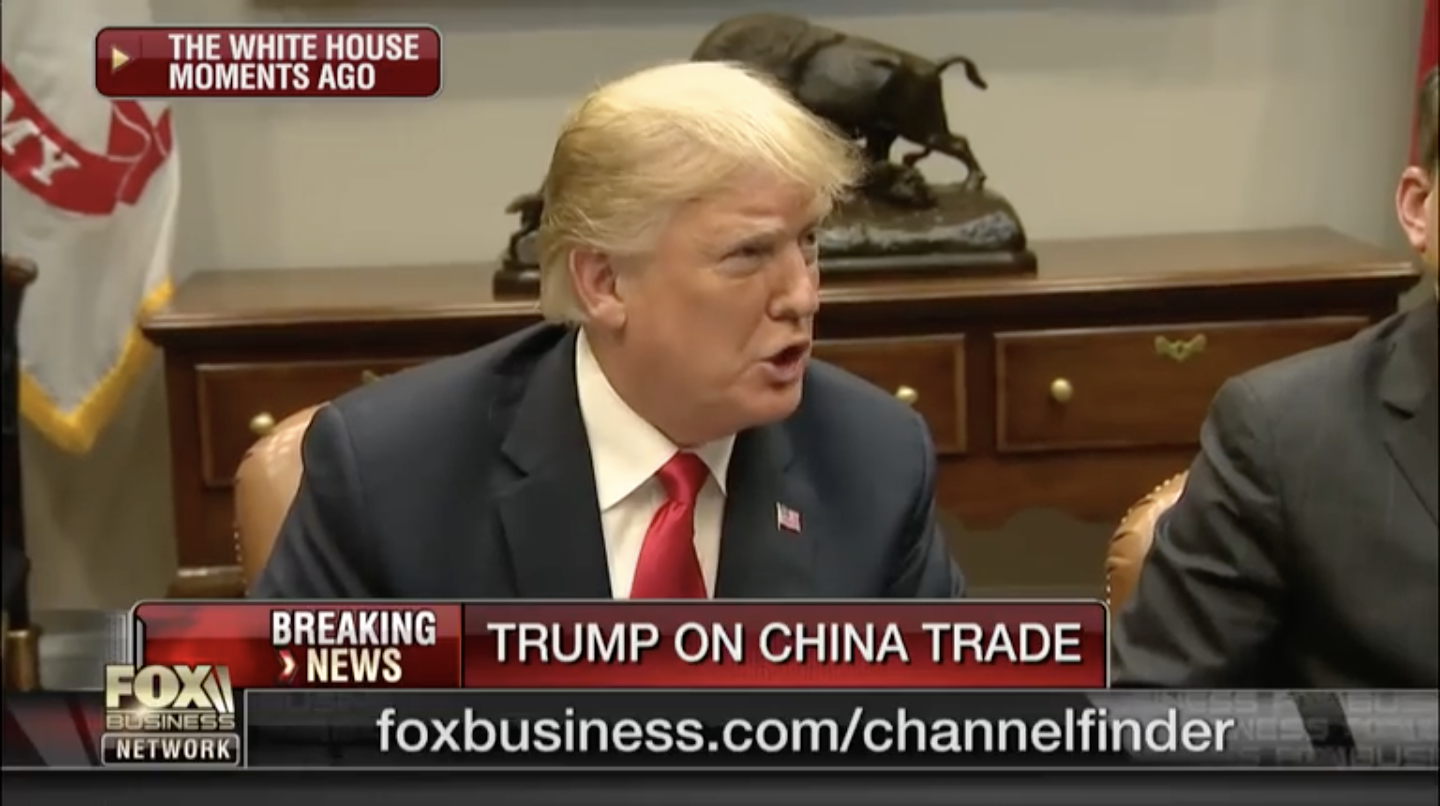
Arkansas Sen. Tom Cotton announced on Sept. 14 his introduction of a new bill revoking China’s permanent most favored nation status, cutting the country’s special trade privileges. Once China’s designation is stripped, its eligibility to trade with the U.S. will be subjected to an annual review before it can export products.
Former President Bill Clinton signed the U.S.-China Relations Act of 2000, the first step to China being named a most favored nation. A year later, former President George W. Bush signed a proclamation making China a permanent normal trade relations (PNTR) partner. The proclamation, which took effect on Jan. 1, 2002, was the “final step” welcoming China into a global trading system and normalizing trade relations between the two countries – according to a 2001 White House statement.
Sen. Cotton pointed out in a Sept. 14 tweet that Democratic presidential candidate Joe Biden voted to give China its special trade status two decades ago which accelerated “the loss of American manufacturing jobs,” adding that his new bill will put an end to that loss. (Related: Communist China backs Biden for president.)
In another tweet, the Arkansas senator argued that ending China’s favored nation status would pressure the Chinese Communist Party (CCP) to uphold “their trade obligations” and “the rights of their own citizens.”
The senator explained this during a follow-up Fox & Friends interview. If China shows signs of aggression towards U.S. battleships or stifles human rights in Hong Kong or its other territories, the current president and Congress can leverage these actions as grounds for denying the country’s most favored nation status for a certain year.
The initial decision to remove the annual review of China’s trade status was criticized for promoting a one-sided arrangement: While China benefited from unrestricted access to American markets, its own markets were selectively closed to foreign trade.
Removal of status is fair and reciprocal treatment for various misdemeanors
President Donald Trump said last May how China “ripped off the United States” in more ways than one – from taking American manufacturing jobs and stealing intellectual property to violating its commitments to the World Trade Organization. However, he acknowledged that China was able to “get away with a theft like no other” because of past politicians and presidents who had been complacent with it.
Before these remarks, Trump imposed around $400 billion in tariffs on products from China in 2018 – after negotiations with China for a new trade deal reached a stalemate. The administration justified these tariffs by citing China’s forced technology transfer policies on U.S. companies and intellectual property rights violations.
According to Section 301 of the Trade Act of 1974, the president is allowed to impose tariffs as a retaliatory measure on another country if it trades unfairly with the U.S. – which President Trump referenced when the import duties were imposed.
Sen. Cotton’s proposed bill and President Trump’s tariffs on Chinese goods are just two of many measures the U.S. government has undertaken to address China’s actions.
In July, the president ordered the Chinese Consulate in Houston to be closed immediately on the grounds of intellectual theft and espionage.
In early September, a group of representatives from Texas introduced the RARE Act, a bill that aimed to reduce U.S. reliance on rare earths minerals imported from China. The bill included provisions to encourage domestic rare-earth mining such as reduced tax rates for rare earth mining companies and financial grants for projects that will develop the rare earth mining industry.
Sen. Ted Cruz of Texas commented that the country’s dependence on China for rare earth elements was “deeply troubling.” The RARE Act addresses this problem by ensuring that the U.S. can obtain necessary rare earth minerals domestically instead of depending on other countries.
Visit NationalSecurity.news to find out how President Trump and his administration are handling these issues with China.
Sources include:
Tagged Under: China, china tariffs, china trade deals, Chinese Communist Party, favored nation status, most favored nation, Sen. Cotton, Sen. Tom Cotton, tariffs, trade, trade deals, trade war, unfair trade deals, US-China Trade War
RECENT NEWS & ARTICLES
COPYRIGHT © 2020 Communism.news
All content posted on this site is protected under Free Speech. Communism.news is not responsible for content written by contributing authors. The information on this site is provided for educational and entertainment purposes only. It is not intended as a substitute for professional advice of any kind. Communism.news assumes no responsibility for the use or misuse of this material. All trademarks, registered trademarks and service marks mentioned on this site are the property of their respective owners.







